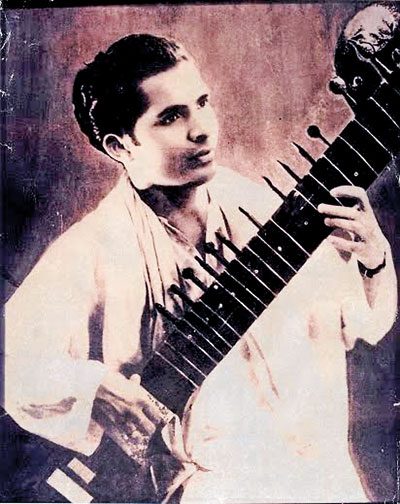The way it was: Remembering the songs of Sunil Shantha

Evergreen voice: Sunil Shantha
Renowned musician Victor Ratnayake is distressed about the future of Sinhala music. He doesn’t mince his words when he wants to drive home a point. His is straight talk. Once I listened to him comment how he wonders whether local singers are trying to “rape music saying they sing rap music”. Listening to the Sunil Santha 100th birth anniversary commemorative concert telecast over ITN a few days ago, I heard Victor say that some of the present singers are a disgrace to their fathers. “They claim to be following the path of their fathers who were well-known singers. But by trying to sing their fathers’ songs they are only disgracing them,” he said. “Follow the example of Lanka Santha who,without trying to sing the father’s songs, keeps his father’s name alive by planning quality programmes where Sunil Santha’ songs continue to be heard the way they were sung by the great musician.”
Victor also lamented that talent is fast fading away. Recalling how Sunil Santha recorded his first song ‘Olu Pipila’at Radio Ceylon in the mid-1940s, he said along with the orchestra he sang straightaway for recording and there was no need for a second effort. “What happens today? The youngsters listen to a CD being played nearby and mime. They manage to survive thanks to technology.”
Victor spoke of these ‘home truths’ after rendering one of Sunil Santha’s most popular songs, ‘Kokilayange Kokilageethe’ in exactly the way Sunil Santha sang it nearly 70 years ago.
Lanka Santha had concentrated on a quality show that would not sully the name of his father in any way. The singers who took part (I am commenting from what I saw on You-tube several thousands of miles away) were well aware of the need to do their best. They had rehearsed well. It was not ‘a rush job’. Both seasoned as well as upcoming singers performed with responsibility.
It was a nostalgic journey. We were young students who found Sunil Santha songs right up our street. The words were simple and meaningful. The tunes were so easy to remember. It didn’t take much time for them to be hits among youngsters. ‘Olu Pipila’, ‘Bovitiya’, ‘Handpane’, ‘Kokilayange’ ‘Mevanpitisare’, ‘Mihikathanalavala’ and a host of others were our picnic songs right through the university days. (C.T. Fernando’s numbers were the other most popular ones).
In handling the new musical arrangements Mahesh Denipitiya did not deviate too much from what we were used to. It would obviously have been a memorable day for him since he got a chance to provide music for the songs of his father’s teacher. He also related how his father Patrick found it difficult to find money to pay for Sunil Santha’s classes and when he gave up, Sunil Santha had guessed why he was not coming and got him down and given him lessons free of charge.
When Sunil Santha, who had quit Radio Ceylon, after boycotting the Ratnajanker auditions, heard one of his songs being sung by someone else over the radio, it was Patrick who identified it was Ivor Dennis. Since that day (around 1952) Ivor became his pet pupil. He carries the flag to this day.


